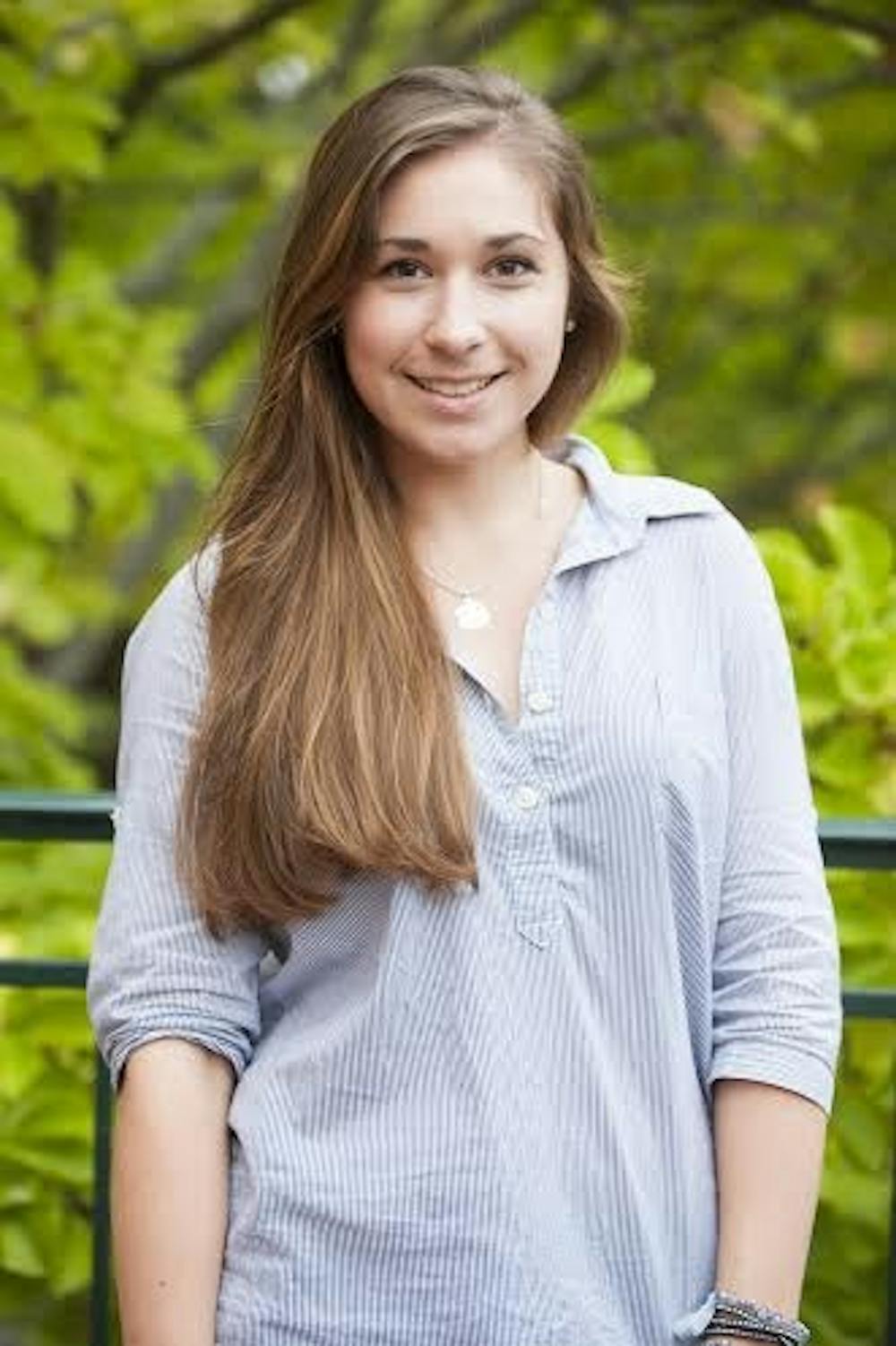I am proud to announce since my arrival on Grounds, I’ve become bilingual. And while I would never want to detract from the strength of the language program here at the University, I feel like I should clarify that this development has nothing to do with my enrollment in Accelerated Introductory French this semester.
It’s taken me almost seven months, but I finally feel as if I’ve become fluent in Virginian.
The learning curve was steep, and snuck up on me quickly. I had no idea upon my enrollment I would be chastised so thoroughly for misidentifying first years as freshmen — though I began to equate the severity of my slip up to an instance when a friend learning Mandarin messed up an accented “a” syllable and ended up calling her mother a horse.
But with the constant reminders from older students and friends who had the luxury of being raised in Virginian-speaking households, I soon mastered the official vernacular of the University. This includes all the abbreviations and acronyms (as it turns out, JPJ and JPA are not the same thing.) What posed more of a challenge was the more colloquial dialect that was tossed around casually by my new friends from “NoVA.”
First, I had to learn “NoVA” stands for northern Virginia — not that half of my classmates had transferred from Villanova University, in Pennsylvania. But once I had figured out the correct origin of this new language, I was still left trying to figure out what on earth these people meant when they said things like “bet,” “syce” or “squish.”
They say the true sign of fluency is to find yourself thinking or dreaming in a different language. I think it’s when you go home, and your parents and high school friends have no idea what the words you’re using mean.
I notice it in the number of times my parents ask me to slow down and explain what a particular abbreviation stands for, or in the quizzical and slightly perturbed stare my sister gave me over FaceTime when I used the phrase “True Chainz” to agree with something she had just said. The lines between plain English and Virginian, and when to use each, are quickly blurring.
It’s a part of college no ever thinks to prepare you for. But as you meet new people from new places, you’re bound to pick up on some of their idiosyncrasies.
While my language has been largely influenced by native Virginians, I’ve found traces of friends from all over the country in the inflection of my voice. Even my laugh has been changed by the people I’ve met at school so far.
And so, as I struggled through the process of learning a new language this semester, it occurred to me that not only was I changing, but that some of my own quirks and peculiarities might be ingrained in the behavior of my friends as well. Maybe I haven’t been busy learning a new language as much as my own personal vernacular has been evolving into something new and unique.
Everyone tells you that you’ll never come home from college as the same person you were when you left. But returning as an amalgamation of bits and pieces of your closest friends from school is an effect that I find oddly comforting. As long as you’re using the terminology you’ve adopted from friends, you’re never without little pieces of the people who have become so important to you in such a short period of time.
Kristin’s column runs biweekly Tuesdays. She can be reached at k.murtha@cavalierdaily.com.







